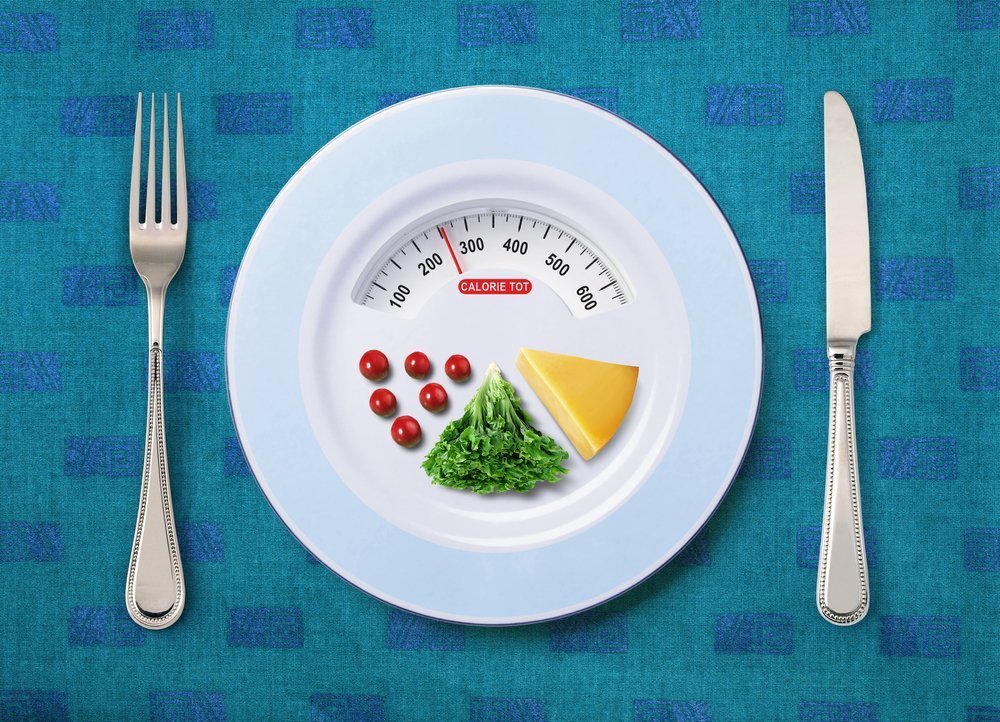Vegetarians are people who do not eat meat. Their diet consists mainly of plant foods but they will often consume animal products like milk, cheese, yoghurt and eggs. Some of them are pescatarians and they will include fish in their diet. Vegans take things a step further and exclude all animal foods. They only consume plant foods and some will also refuse to use any animal products like wearing leather shoes or belts. There has been a surge of interest in veganism in recent times. Reports in the media suggest that a vegan, or plant-based, diet is more healthy than an omnivore diet; it is kinder to animals and it is better for the environment. Are these claims true?
No, they are not true. An important aspect of this site is to demonstrate the benefits of animal-sourced foods for our physical and mental health and the necessity of correctly managed livestock for environmental health. An entirely plant-based diet leads to nutrient deficiencies, especially in children. The intensive farming of single plant crops involves herbicides and pesticides with devastating effects on biodiversity. Vastly more creatures die in the production of grains and vegetables than die for the meat on your plate. This section of the website concentrates on why the pro-vegan story is a fallacy.
How did veganism begin?
We evolved into the people we are because, for millions of years, our ancestors ate the meat and fat of large animals. Our species is the most dominant species on the planet and we have adapted to life in all the extreme climates that exist on Earth. Indigenous tribes, unaffected by modern life, still exist around the world from rainforests and deserts to the Arctic Circle. Their diets vary but none of them have adopted a meat-free, vegan diet.
The avoidance of animal-based foods began in America in the 1850s within an illogical, religious sect called the Seventh Day Adventist Church. I call them illogical because, although they believe that God created them, they believe that sexual arousal is a sin. (Surely, if God created us, God created arousal so we ‘would go forth and multiply’.) Their leader, Ellen White, also believed that eating rich foods, like meat, stimulated sinful passion and bland foods diminished it. She preached this doctrine with great determination and convinced everyone in the Seventh Day Adventist Church to accept this idea as part of their belief. (John Harvey Kellogg was a member of this church and you can read about him here.)
In Britain, veganism began with a man called Donald Watson who founded the Vegan Society in 1944. He is credited with coining the word ‘vegan’ which he created by joining the beginning and end of the word vegetarian. He was an animal rights campaigner whose interest in veganism began when he witnessed the slaughter of a pig on a farm. He campaigned for a meat free diet because he thought farming was cruel to animals.
A plant-based diet, without the animal foods that our ancestors ate for a million years, was invented in America to reduce sexual arousal and was copied in Britain because one man thought it was cruel to animals. In neither case did it have anything to do with improvements to human health or the environment. Both of those false ideas have been added later in a cynical attempt to persuade unsuspecting people to avoid the most nutritious foods available to us, namely meat, fish, eggs and dairy.






